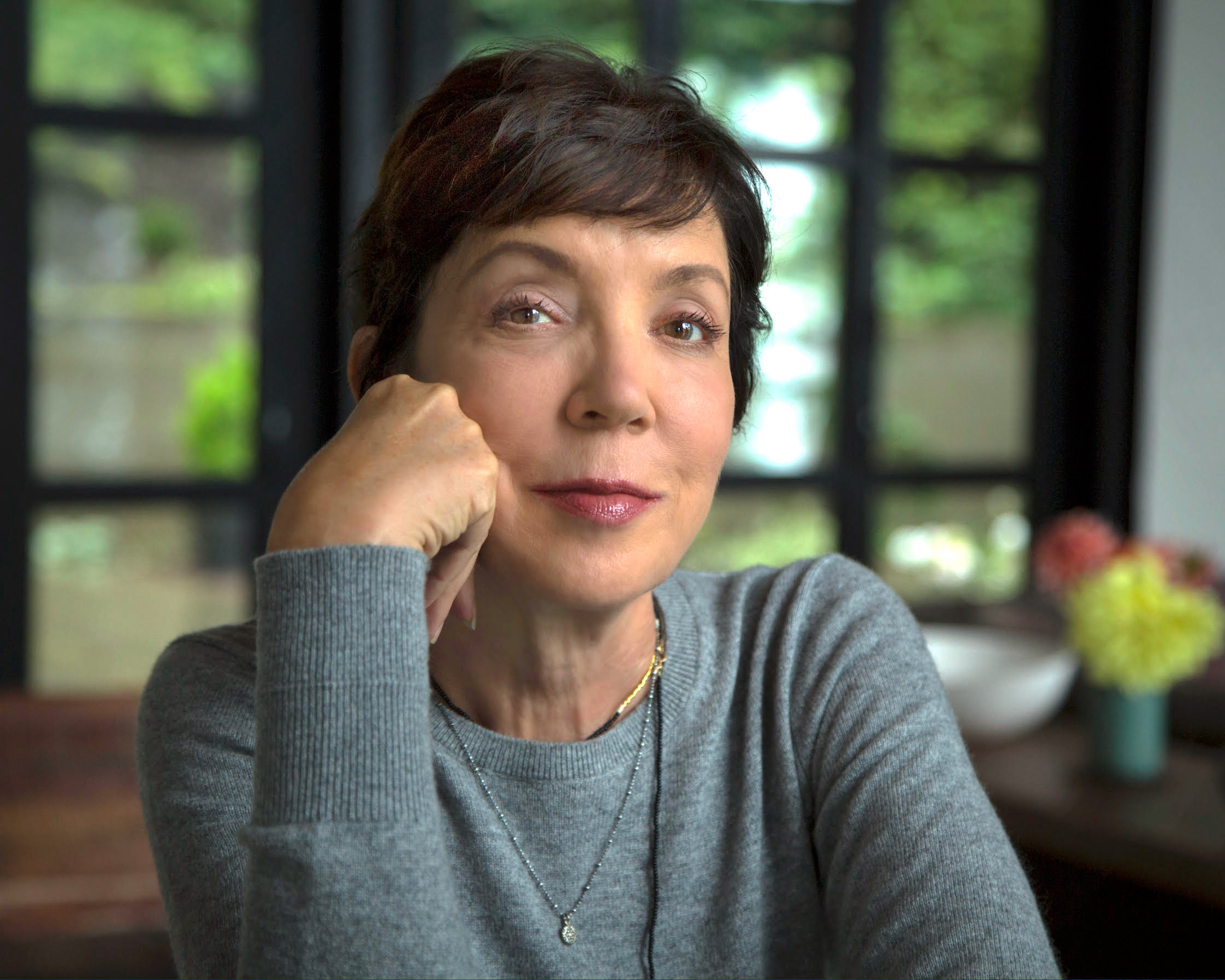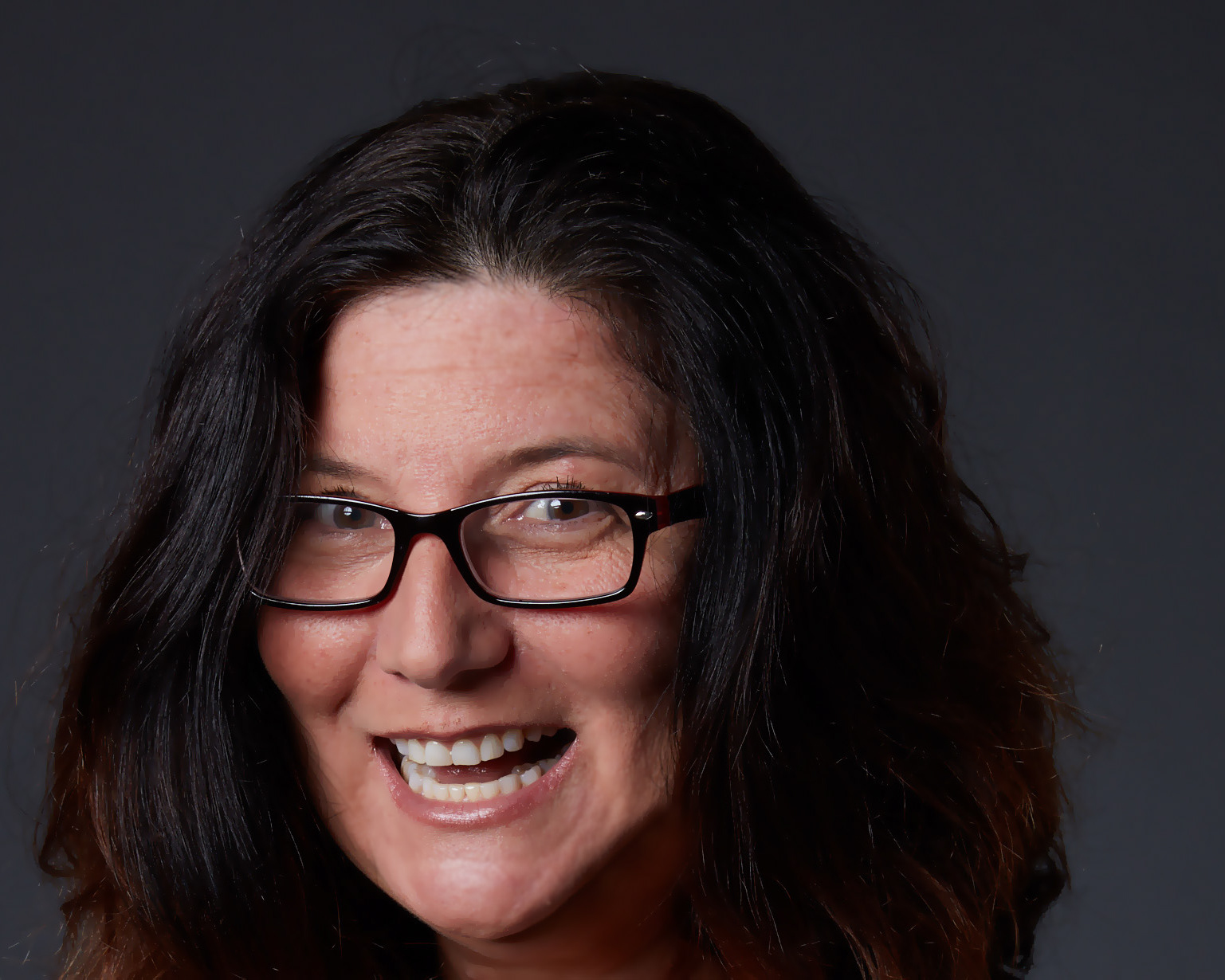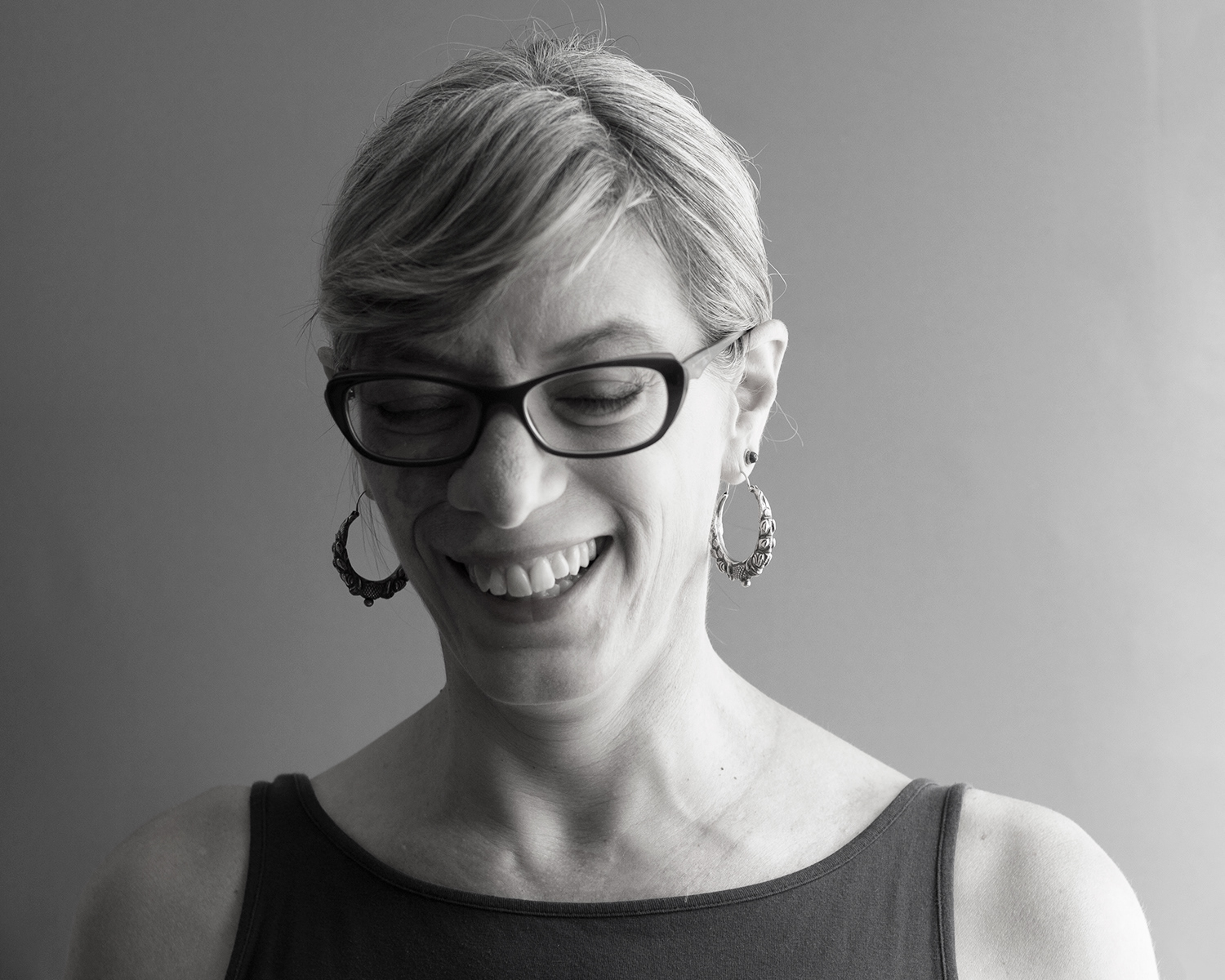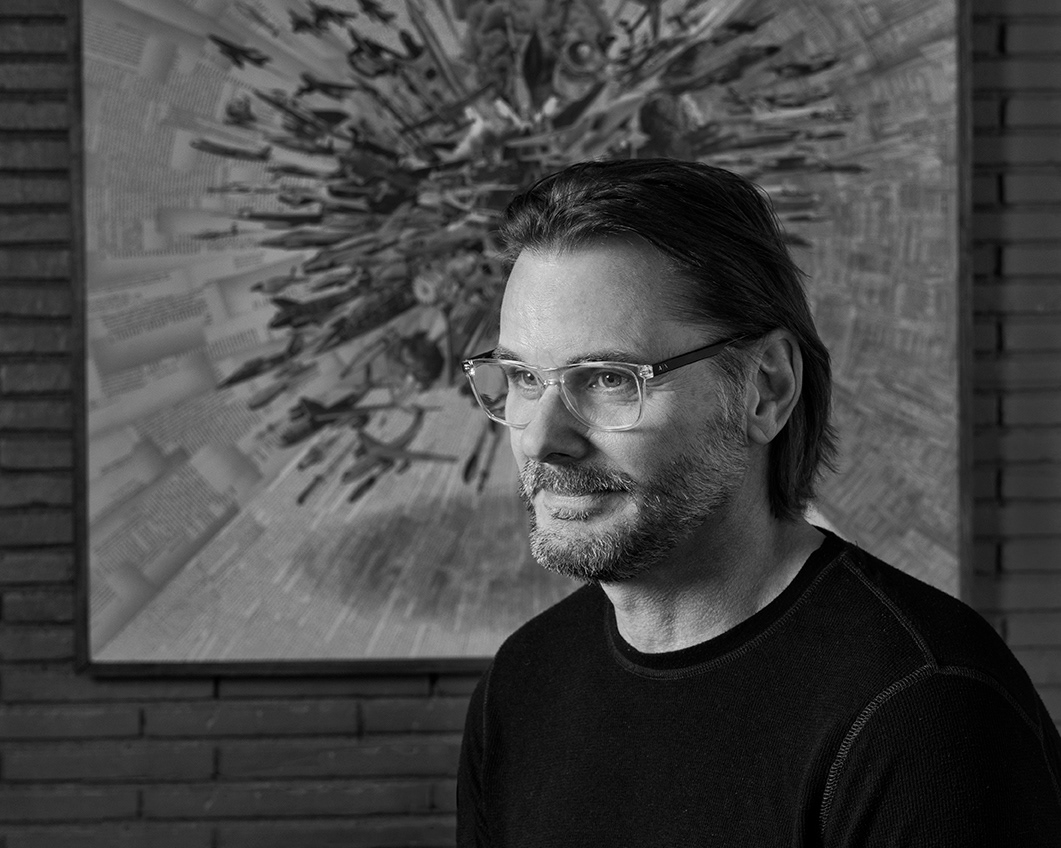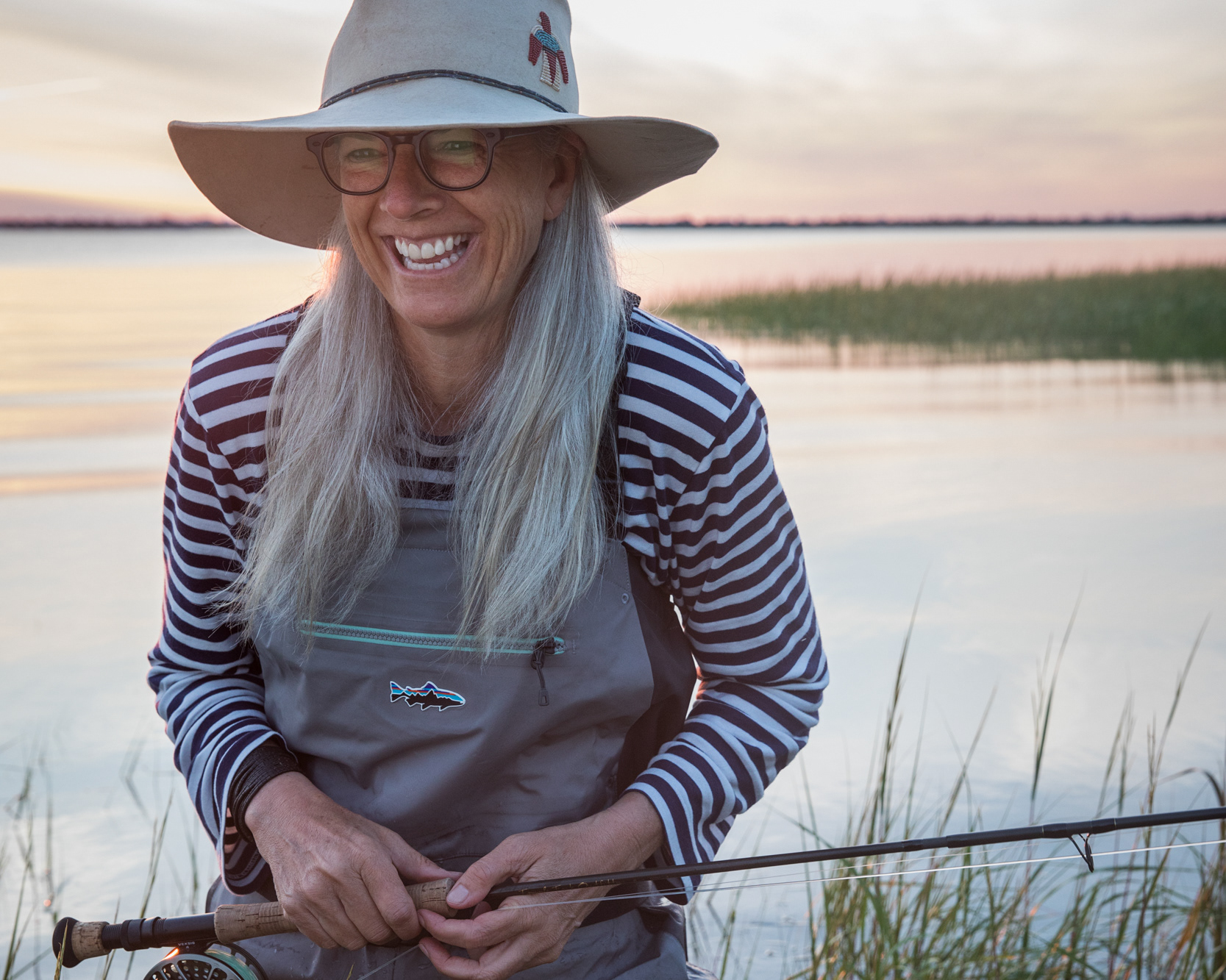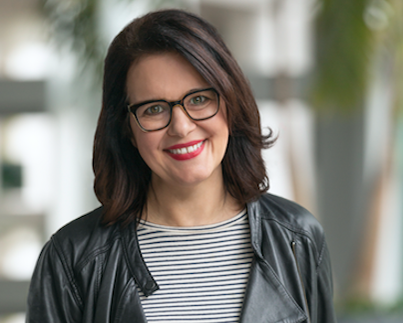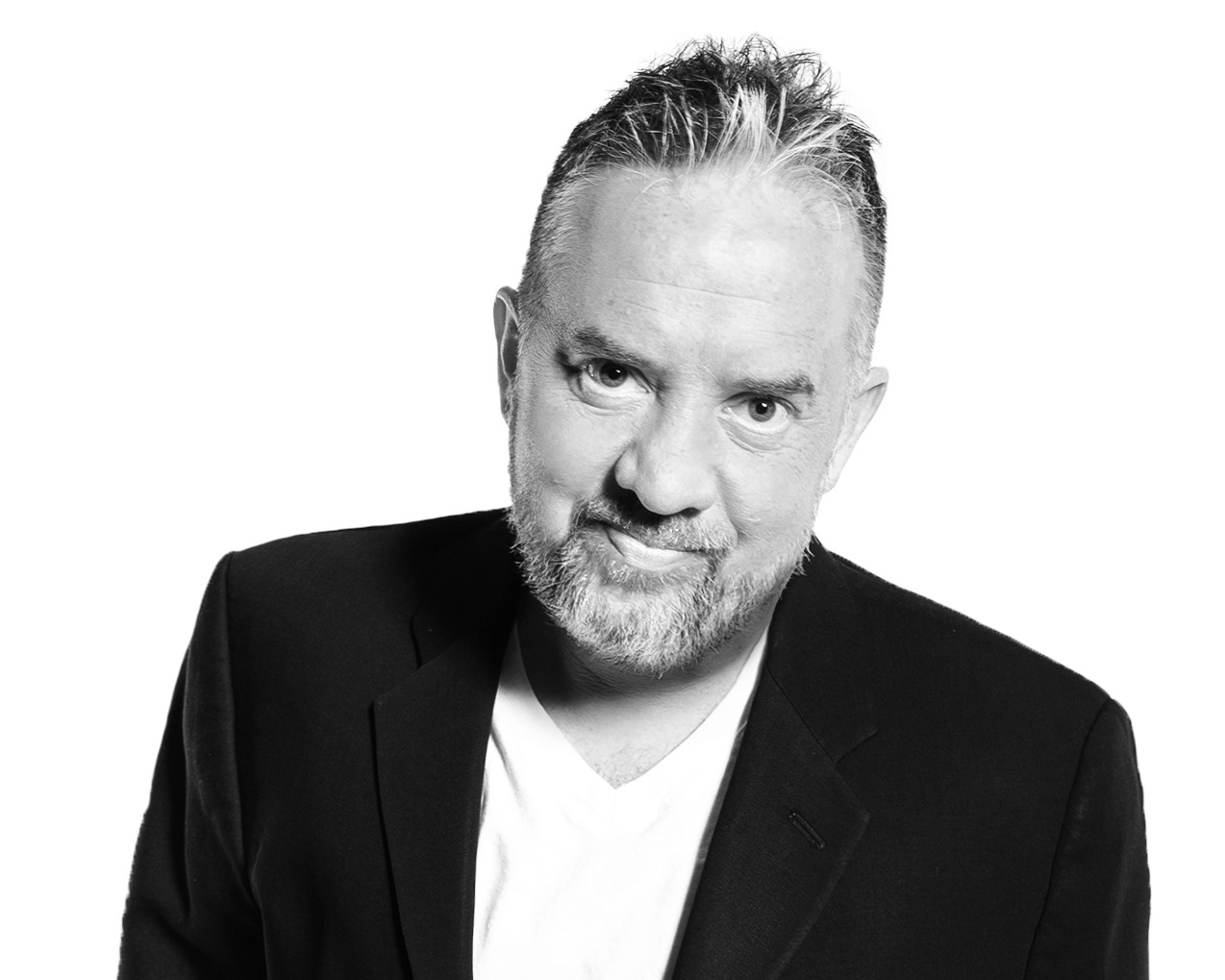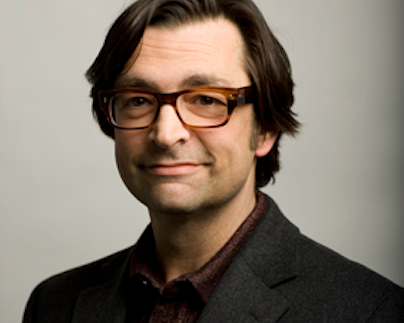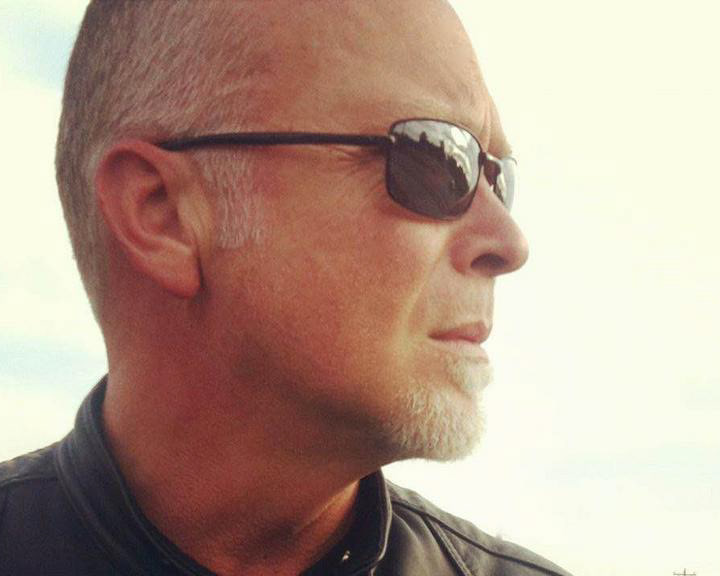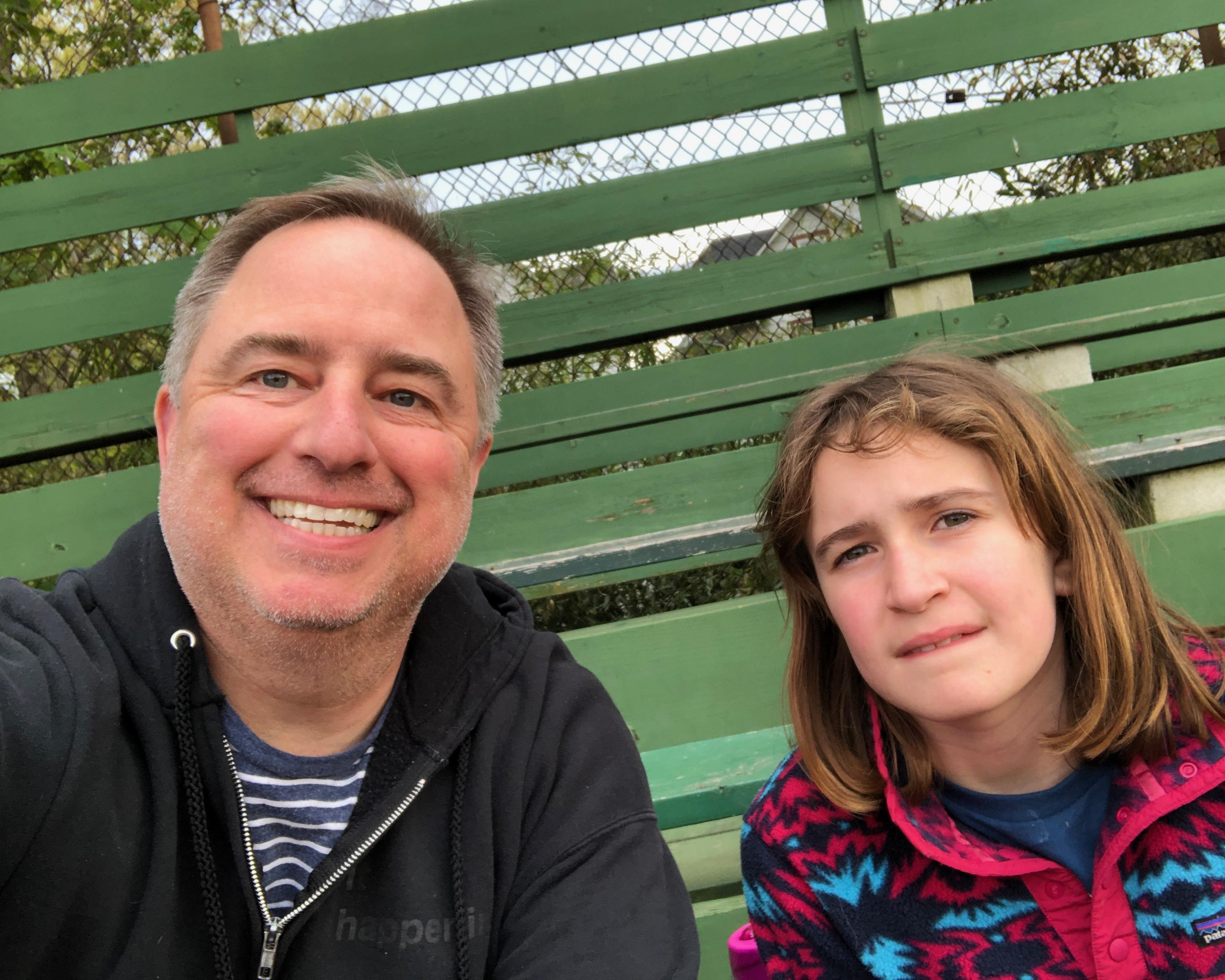A strange thing happened on the way to collecting Kimberly’s work to put up on our site. Her beautiful mixture of brilliant, insightful, heartfelt, razor sharp and satirical words kept demanding our attention and delaying the task at hand.
Most weren’t the types of projects that make it into Cannes, so it was like discovering a treasure chest of words just sitting there waiting to be opened. Filled with brand books that pried open our minds, McSweeney’s article after article that had us nodding and laughing with every perfectly composed turn-of-phrase.
It’s hard to believe Kimberly didn’t start writing full-time until well into her third decade. Considering she’s still staying busy freelancing at places on everyone's dream list, regularly contributing to McSweeney’s and The New Yorker, and publishing her second book while writing a pilot based on the first, we’d say she’s more than making up for lost time.
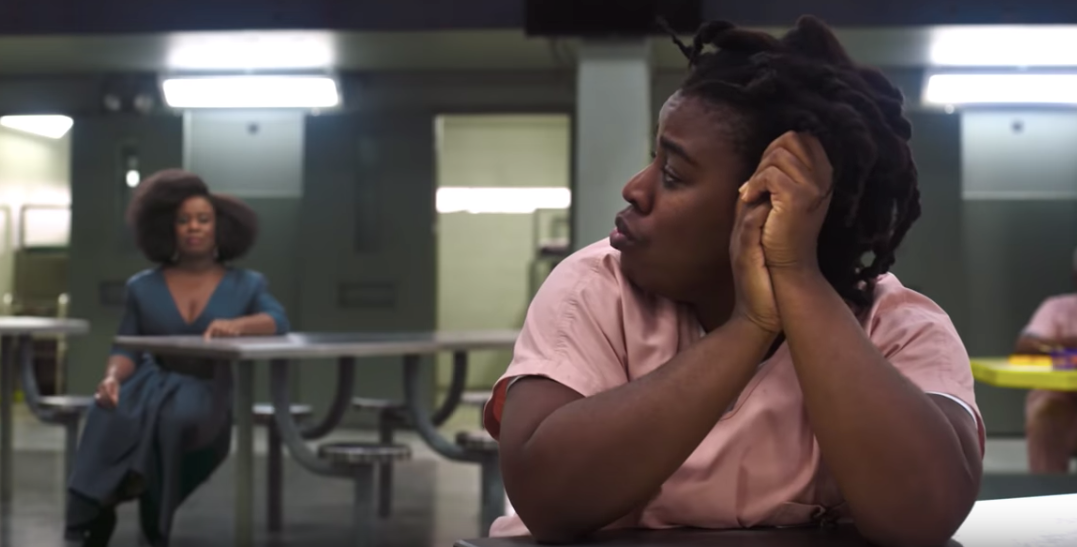
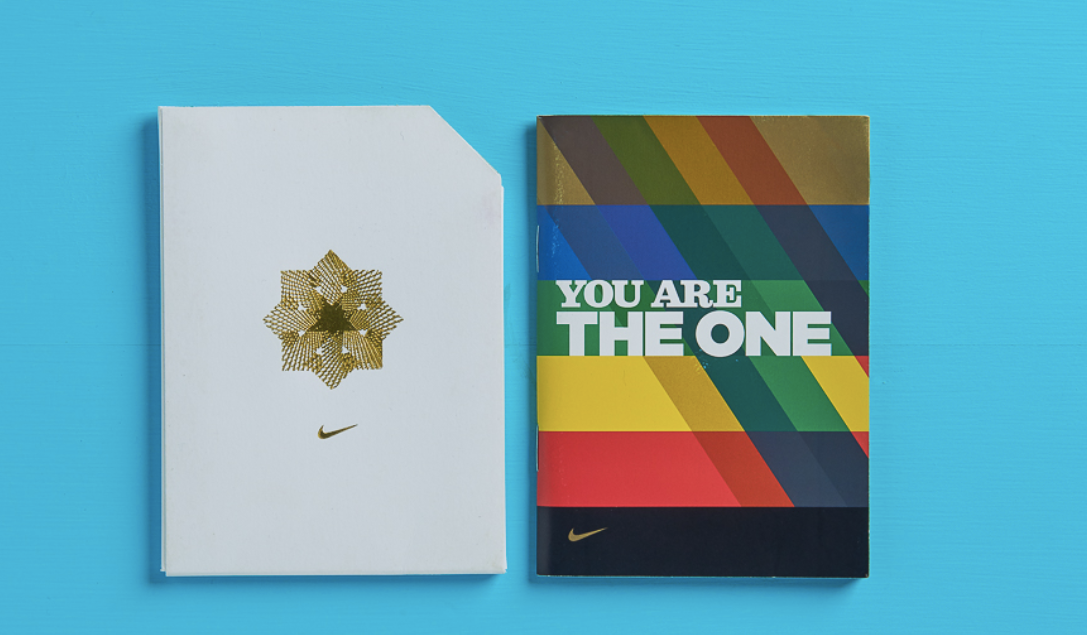
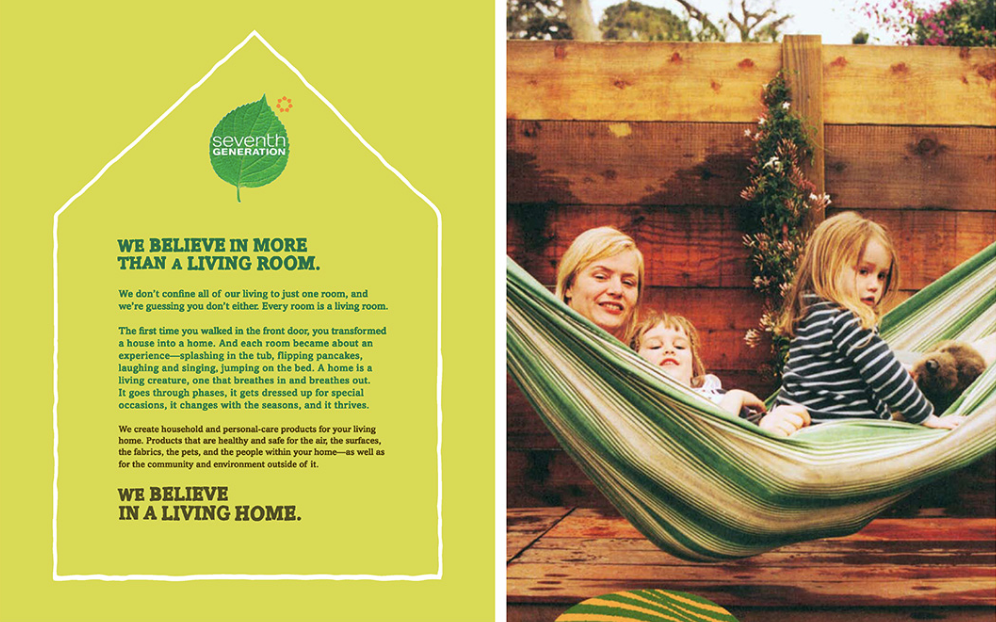
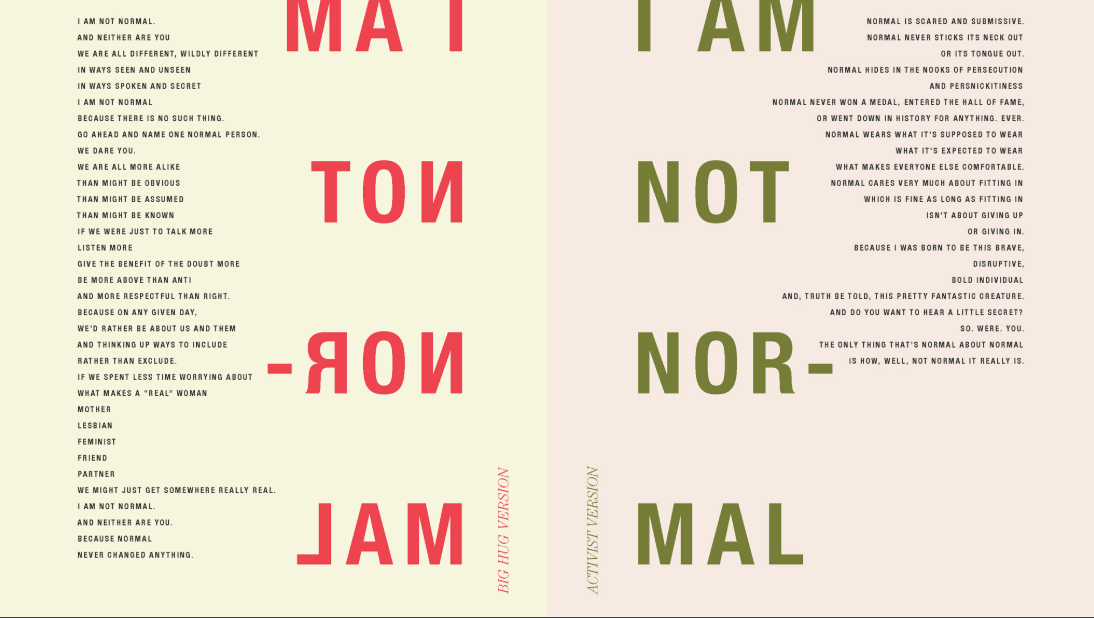
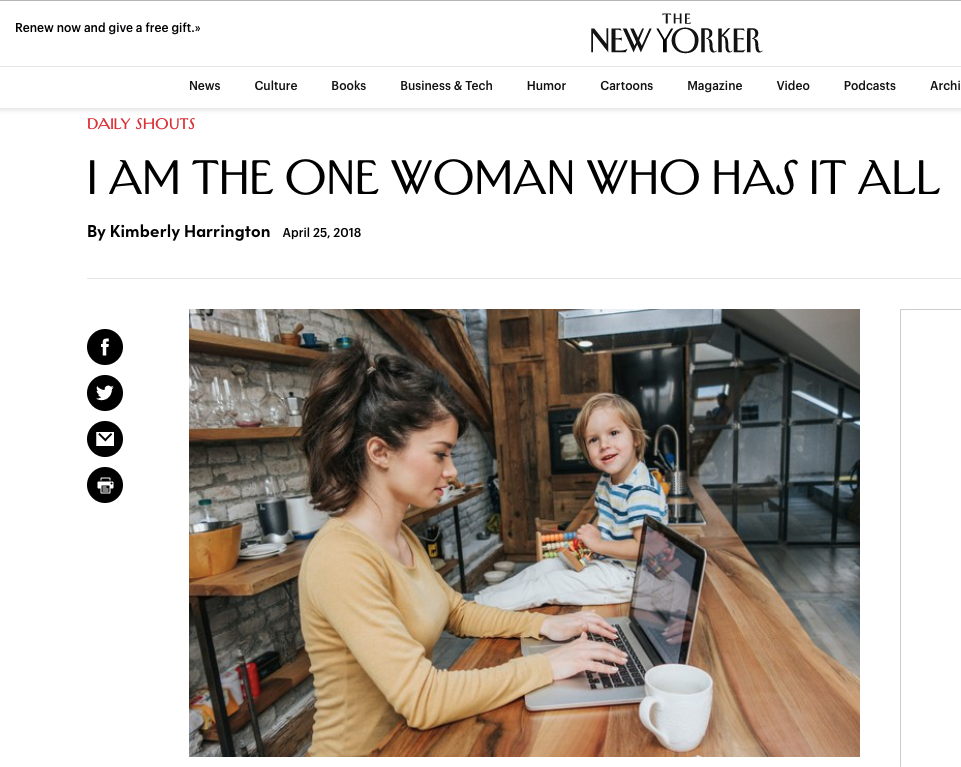
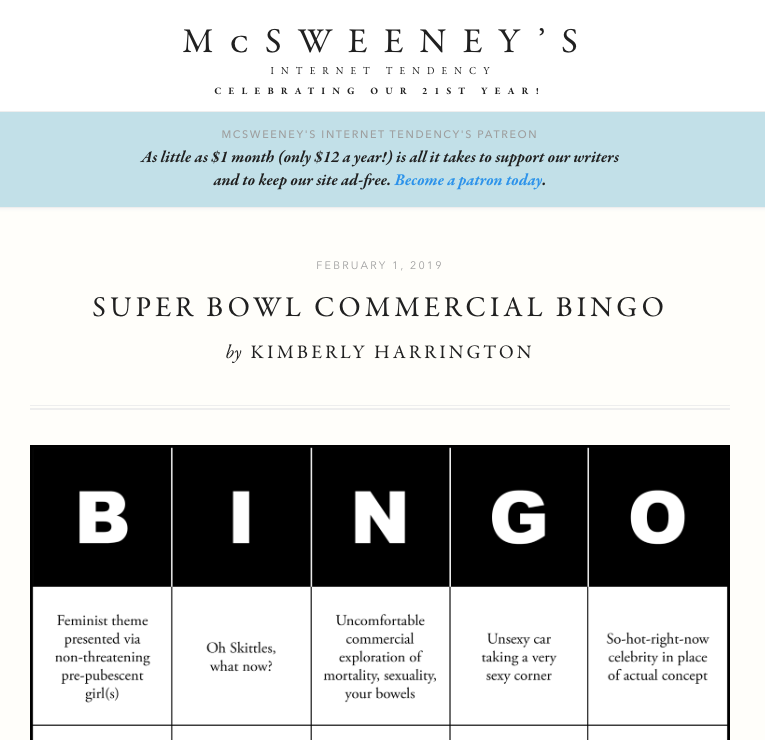
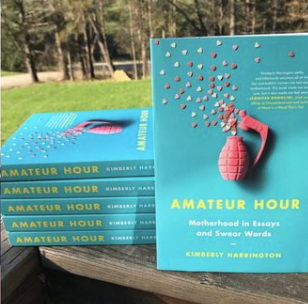
Is ageism in the industry something you thought about in your 30s? Your 40s?
I started worrying about aging out of this industry when I was around 35. I didn’t start writing full-time until I was 36, which is also when I had my first child so let’s just say: Um, yeah. Motherhood is as profound a penalty in this equation as age so it was a bit of a double whammy.
Is ageism something that’s affected you? What are some of the challenges you faced as a person who was getting older in the business? Do tell.
I’ve been freelance since I was forty. So I think in many ways I’ve dodged it because I’ve worked with people who already knew me or my work. Or new clients found me based on strong word-of-mouth. In those scenarios you’re in a better power position and age becomes less relevant (plus, odds are, the people hiring you are around your age, too). I haven’t had to face waiting for a promotion up against someone younger or cheaper, or having to rely on 25-year-old talent recruiters for a full time job, so that’s certainly helped.
What are your thoughts on where you are now, as you look back on your creative journey?
I’d be lying if I didn’t say I often find myself feeling jealous of twenty- or thirty-something creative directors who had a huge jump on their careers and climbed and climbed and kept climbing. It would be nice to have had more years (decades at this point) of financial stability built up. But, that was never me and it was never going to be me. My path was long and meandering. I don’t regret any of it, it gave me great perspective and also helped build the skill set I needed to succeed as a freelancer. I also never took writing full time for granted because it took me so damn long to get there. Although honestly just once in my life I’d love to know what it’s like to have an assistant.
What do you feel creative people over 50 can offer over someone 20 years their junior, things that are unappreciated, or just plain overlooked?
I think, more than anything, the perspective that sometimes (often?) work just isn’t worth it. It’s not worth spending less time with your kids. It’s not worth watching your friendships fall apart because you never see anyone. It’s not worth not taking time off to take a real vacation. It’s just work. Live your life. You don’t get a second crack at it. I had a lot of problems with burnout and control my entire career. Freelancing honestly saved me from myself. I’m much better at handing off the work and literally never thinking about it again. That never happened when I was full time.
I’d also like to introduce anyone younger to the concept of “good enough”. Hopefully at least once in our careers we all have a boss who raises the bar—in an inspiring, motivating way—so damn high you’ll pretty much never reach it. I’ve been fortunate to have several bosses like that, although the most impactful was Michael Jager. He was an impossible person to please and I mean that in the best possible way. He did it in a sort of relentless, but respectful, way. Plus he’s just fucking smart and has a brain like a visual encyclopedia. His standards were (still are) so high that I can count on one hand the times I met them. When I started freelancing I realized my “good enough” was still better than a lot of work out there. That’s a good lesson to learn. You need to actively seek out the toughest and most demanding teachers who—and this is important—have the talent, intelligence, and humanity to back up their demands. It will pay off for the rest of your career.
"You need to actively seek out the toughest and most demanding teachers who—and this is important—have the talent, intelligence, and humanity to back up their demands. It will pay off for the rest of your career."
What is your advice to people who are nearing or over 40 in the ad industry?
It has not been lost on me that almost everyone I know who is over forty (or let’s face it, close to or over 50) is either running their own agency or studio by now, is a GM or CCO, or they’re out of the industry entirely. Part of the problem on the creative side is we reward people for being good at creative by having them…manage people? What is that? Those are two very different things! I wish there were a richer tradition of keeping great writers and designers involved in the work without penalty. I know when I work onsite as a 50-year-old copywriter with other creatives who are literally half my age there is … confusion. As if I lack ambition. Trust me, I do not. I just know what to be ambitious about.
My advice would be to start thinking of an Act Two very early on. Either you love the industry and want to stay — then think about what staying looks like. If you don’t love it or don’t see yourself being fifty in this industry (YOU WILL GET THERE SOONER THAN YOU THINK), start branching out. Having a life outside of the industry is one of the healthiest ways to do that. Moving outside of industry hubs, also helpful. People in Vermont hate advertising with a passion. Being in a wider social group that doesn’t spend all its time smelling each others’ industry farts and/or thinking what we do is incredibly important has been a very healthy thing for me. I highly recommend it.
"Part of the problem on the creative side is we reward people for being good at creative by having them...manage people? What is that?"
How are you approaching the next 10 years? What does your future hold?
If you had told me when I was twenty what I’d have going on at fifty I would’ve thought you were a little batty. I had my first piece on McSweeney’s when I was 46 (I’ve had 35 more pieces on since then), my first piece on Shouts in The New Yorker when I was 47, and my first book published when I was 49. I’m writing the TV pilot based on my first book now and just sold my second book. All of this work is creatively energizing but sadly rarely well-paying. Advertising or design or brand freelancing are like the golden handcuffs, not many other creative endeavors can compare to it financially. If I had to do it over again, knowing what I know now, I would’ve worried less about my dumb “lifestyle” and trying to keep up with the Advertising Joneses and learned to live on much less. The next ten years will certainly be focused on balancing that out so I can take greater advantage of this new, weird parallel path as much as possible.
"If I had to do it over again, knowing what I know now, I would’ve worried less about my dumb “lifestyle” and trying to keep up with the Advertising Joneses and learned to live on much less."
What do you see as potential solutions for ageism in the industry? Any thoughts on possibly unionizing?
I’m not even going to pretend I have an informed opinion on unionizing. What I will say is the agencies that are creating real change in general are doing so because they’re reading culture correctly. And they decided to get ahead of it. I mean, not to be cynical, but we all create desire for a living. There is desire and demand for diversity. That’s where the pressure is. When I see agencies fully run by white guys who are leaning hard into diversity you can’t tell me they got there out of some thunderbolt of sudden understanding and empathy. They’re not dumb. I do think agencies that are led by women and by more diverse leadership in general are perhaps more open to age being just one more spoke in the wheel of diversity. But agencies can only do so much when (some) consumer brands focus on selling things to 12-year-olds. At some point that target market matched with a 50-year-old copywriter won’t make sense. I get that.
What are some positive things you’ve experienced as you’ve grown older in the business?
More than anything, it’s having the long view on all the relationships I’ve formed across so many incredible places. I left the ad agency side of things back in the late nineties and moved over to design studios. Then as a freelancer I’ve worked with studios, ad agencies, and with brands directly. That has really made me appreciate the richness of those connections and how unique my experiences have been.
Wieden + Kennedy had a 30th Founders Day party several years ago and they invited all former employees to come. You couldn’t have held me back from that weekend. As out-of-control as it was, I wasn’t at all prepared for how emotional I felt before, during, and long after that weekend was done. I will always remember sitting across the table from Marni Beardsley a couple days later—we started out in print traffic together back when print traffic was a thing—and bursting into tears. Granted, I was probably still hungover and had lost my voice. But it just really struck me how important those years were. How much all those people meant to me. And how hard it was going to be to leave that experience behind and return to my regular life. Some jobs are more important, more impactful, and more fun than college. Wieden + Kennedy was that for me. When I was on book tour last year, having so many friends and former co-workers from multiple different places show up to readings unleashed a tidal wave of emotion and reflection. At every stop I kept thinking, “Oh, that was all more than work.” Turns out, that was life. That’s how it happens.
"I can’t emphasize enough how much mothers are trained to hide or apologize for their lives. It’s gross."
Who do you look to for inspiration?
The majority of writers I follow have nothing to do with advertising. Most of my Twitter feed is packed with comedy writers, TV writers, authors. But I will say that meeting Colin Nissan at the inaugural Satire & Humor Festival in NYC this past March was a total joy. I feel like I’m in a weird little club of copywriters who write humor and, given where I live, it’s sadly only a virtual club for me. Same with Marco Kaye and Casey Rand. It’s been great to feel like there are other writers who have one foot in each of these strange worlds.
I consider Wieden + Kennedy my alma mater so I’m always following what they’re doing and I wish I could work in their Amsterdam office tomorrow. I don’t have many regrets in life, but not having that particular experience in that particular place is one of them.
From a collaboration standpoint, I’ve worked twice with Red & Co. in Portland and both times it was exponentially better than just about any experience I’ve had with other agencies. Aside from the work itself (Netflix “Make Room”), which I loved, it’s just incredible what a relief it is to work with all women including other mothers. It’s incredible what a relief it is to not apologize for your life or not have to lie about needing to pick up a kid at school. I can’t emphasize enough how much mothers are trained to hide or apologize for their lives. It’s gross. So, agencies, feel free to fix that. Nowhere to go but up!

